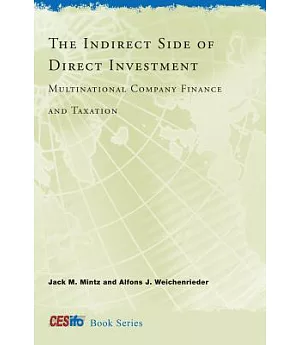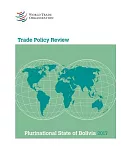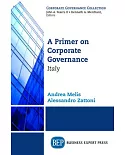The recent increase in cross-border flows of foreign direct investment has sharpened the research focus on multinational taxation. In this book, taxation experts Jack Mintz and Alfons
Weichenrieder examine how multinational corporations use indirect financing structures—organizing themselves into groups with several tiers of ownership—to reduce worldwide taxes. They spell
out in detail how different tax policies affect corporations' choice of financing structures, discussing the issues in both theoretical and empirical terms.
Drawing on a unique data set (MiDi) on German multinationals provided by the Deutsche Bundesbank in Frankfurt, Mintz and Weichenrieder confirm the prevalence of indirect financing structures
for both outbound and inbound German investment. They find evidence of "treaty shopping" to avoid withholding taxes (using a third country with more favorable tax rates as a conduit through
which to route investments) and of "debt shifting."
Mintz and Weichenrieder argue that increasing our knowledge of the tax reasons behind conduit investment will lead to a better understanding of how tax policy can affect macroeconomic flows of
capital in the global economy. They review the trade-offs that governments face and discuss policy options, considering not only possible changes to corporate income tax policy but also the
potential influence of international cooperation on countries' domestic tax policy.





















